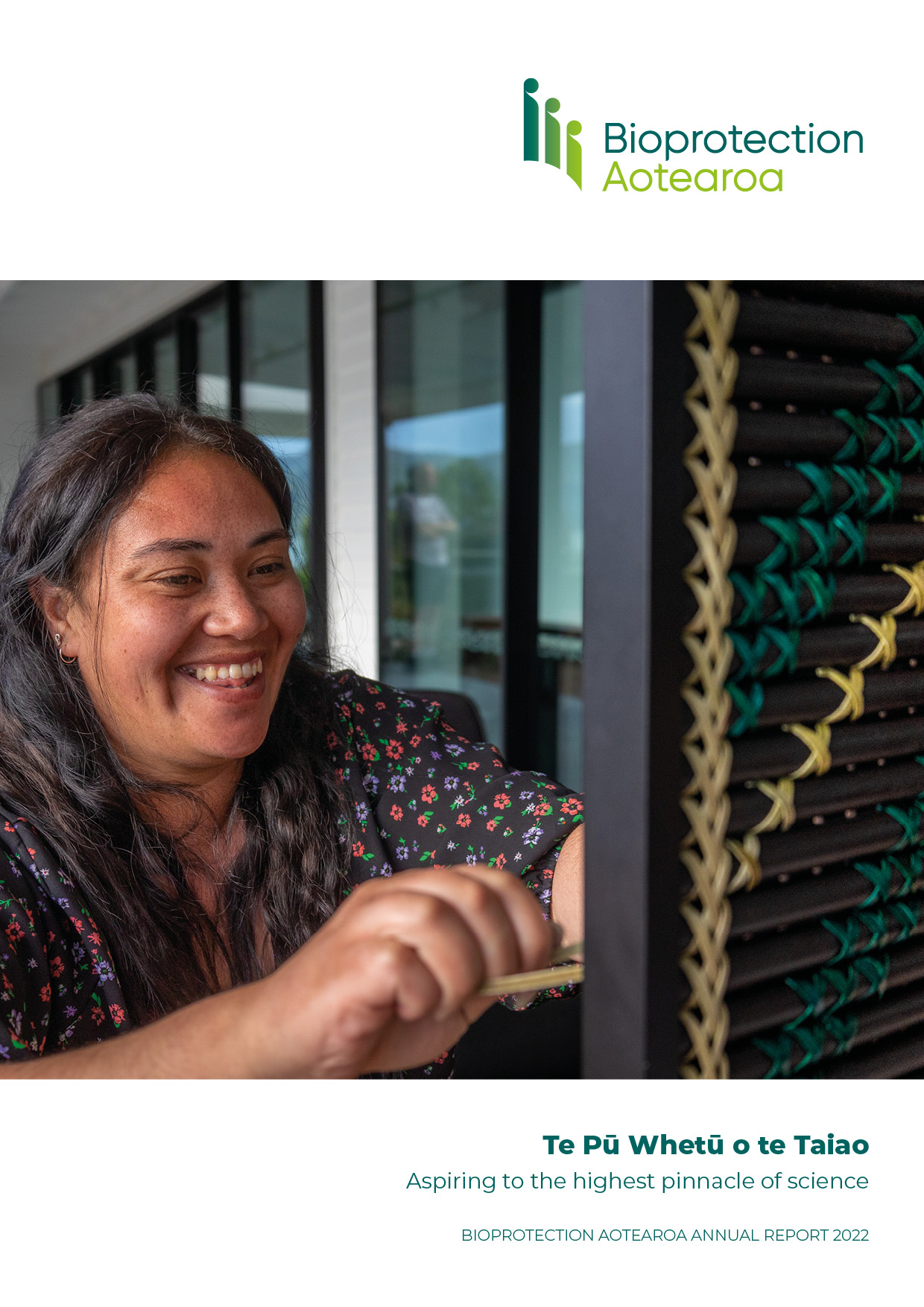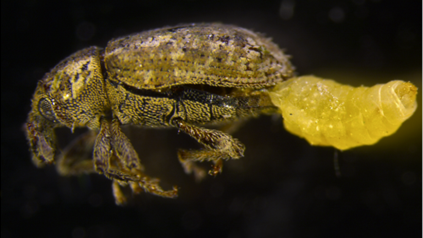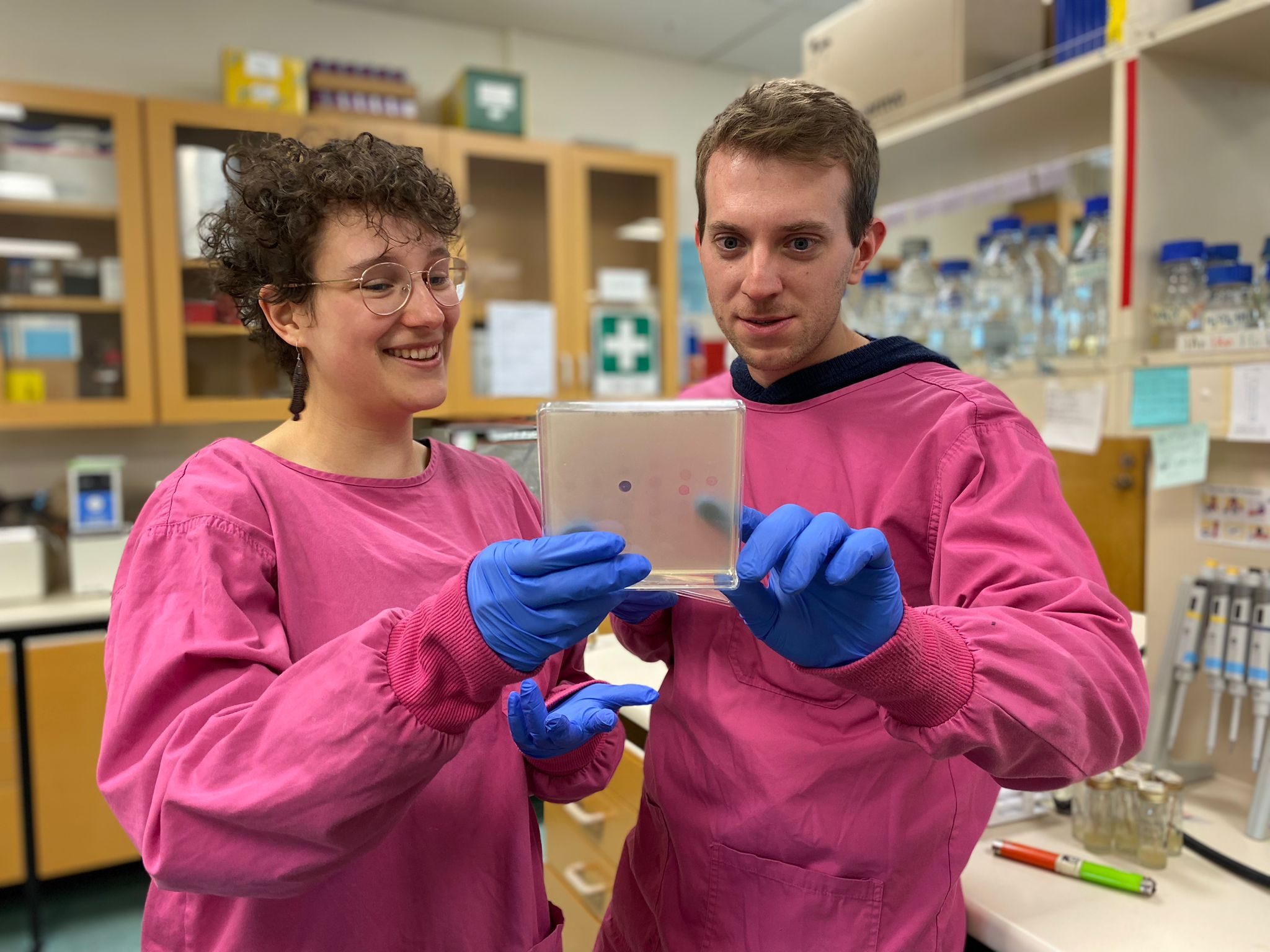
Project Details
Project Overview
Parasitoid wasps are natural enemies of many arthropod pests, controlling their population sizes in natural and farmland ecosystems. Alarmingly, studies have demonstrated that species can evolve resistance to their parasitoids, and that they can better adapt to altered climates than parasitoids, potentially leading to future pest outbreaks. However, few studies have empirically investigated how the interaction of multiple pest and enemy species affects these changes during climate change scenarios.
This project examines a fruit fly-parasitoid study system in simulated climate change and dispersal scenarios. It focuses on understanding how the structure and strength of this relationship evolves to influence functional traits, parasitism and resistance rates, and fertility of both hosts and parasitoids.
This study explores the potential of climate change-adapted and parasitism-resistant pests spreading into the ecosystem, and the mechanisms underpinning the adaptation and dispersal.
Why This Matters
This study will inform how to prevent pests from evolving to defeat their natural enemies under climate change.
Results from this study will advance our understanding of climate change impacts on both natural ecosystems and agricultural production.
Information from this study will foster future research in determining key traits for rearing parasitoid wasps as biocontrol agents.
Project Objectives
- Construct a fruit fly-parasitoid network, and quantitatively examine the network under altered climates.
- Identify key changes in hosts and parasitoids in the duration of their interactions.
- Determine potential outcomes of natural fruit fly-parasitoid networks in climate change scenarios.




